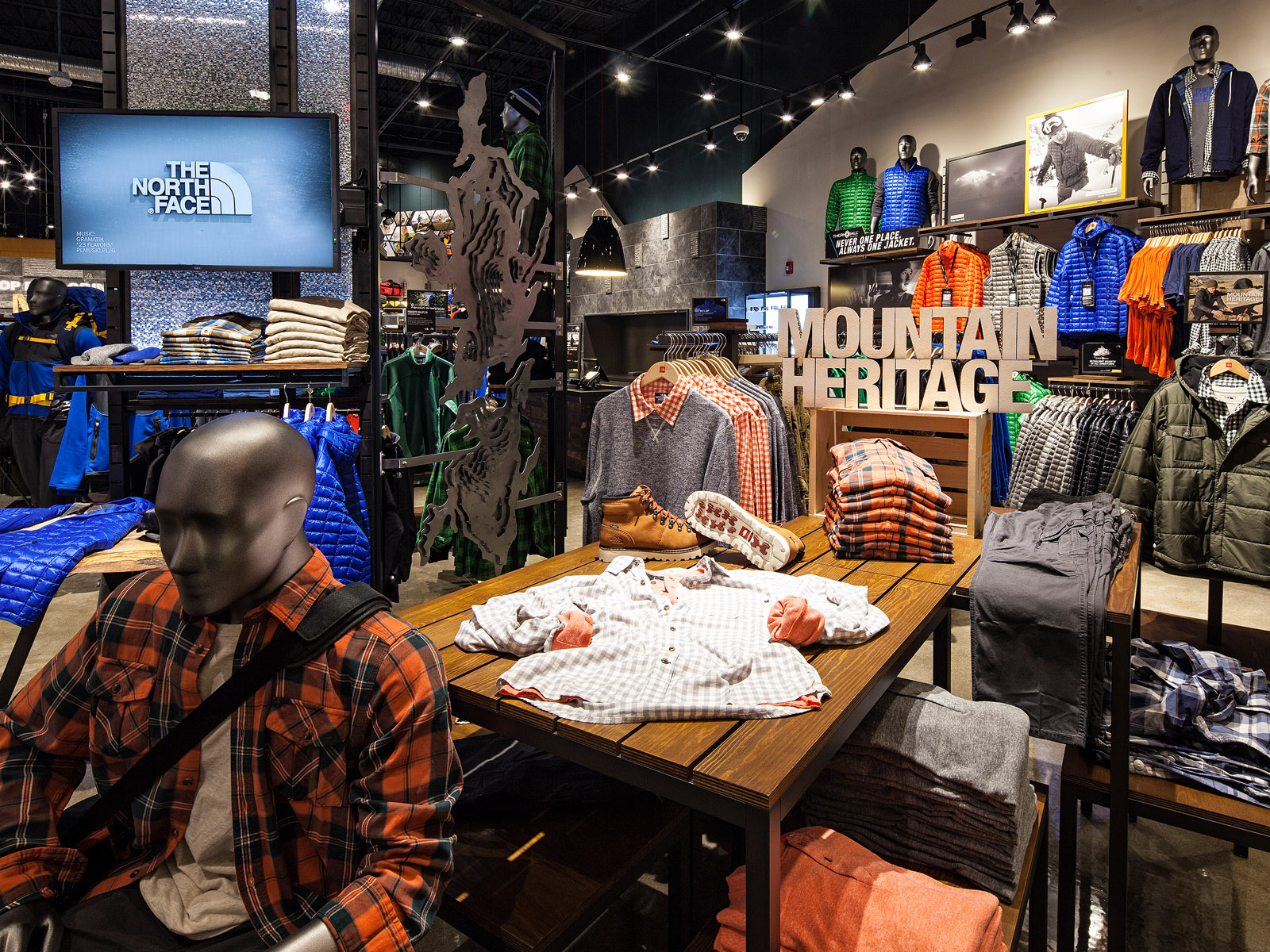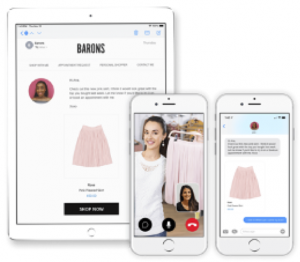Commentary
Hosting Virtual Retail Events in the COVID Era
Dec 22, 2020
Ben Rodier shares how virtual selling tools can build stronger customer loyalty.
Pre-pandemic, retailer-hosted events were an effective way to bring consumers together to show off the latest products. It was a way for a brand to immerse people in their “brand story” and build a loyal following. Plus, the impulse buys from people in-store was a big benefit to the brand. Then COVID-19 hit, and these events came to a screeching halt.
However, savvy brands aren’t letting the pandemic get in the way of these gatherings. They’ve adapted. And the virtual event was born…
Benefits of Virtual Events
Bigger turnouts. While a store has capacity restrictions, virtual events can have literally hundreds of people “attend”. The RSVP rate also tends to be higher at virtual events– there is no travel involved, no need to cancel because of inclement weather, no geographical boundaries, and with so many people bound to their homes, a virtual event is seen as a “getaway” where attendees get the full experiential experience.
Build loyalty by engaging customers in a personalized way. The stores or associates hosting the virtual event have the opportunity to broaden their network, nurture the attendees, and follow-up after the event in a personalized way. The conversation doesn’t have to end once the event is over – the associate can continue to nurture that one-to-one relationship and encourage two-way communication.
Empower associates to create and manage their own virtual events. Retailers who provide their store associates with mobile store technology enable them to plan and manage their own virtual events. Associates invite their customers personally to the event and tailor the content according to their audience. Customers respond directly to the associate using digital communication channels like video, live chat, e-mail and text, providing a personalized customer experience before, during and after the event. Associates using mobile store technology leverage the store and virtual events to drive online sales and are credited for sales attributed to their events.
More data is collected. The more data a brand can collect and use to personalize experiences, the greater the customer journey. Virtual events can provide brands with a deeper level of insight than they would otherwise have gotten in an in-store event. At what point during the event was engagement highest? Did people join late, signaling that the event started too early for some? When did attendees begin to logoff? Leveraging this type of data helps ensure that each virtual event gets better and more relevant and provides insight on individual customers’ interests.
We know that the pandemic will end at some point, but virtual events are here to stay. While we’re all looking forward to the day when we can again host or attend in-store events, more and more brands are experimenting with virtual events and the benefits are clear to them. Therefore, they should continue to be a part of a retailer’s strategy.
***
Ben Rodier is the Chief Client Officer and Co-Founder of Salesfloor, a mobile app designed for store associates to sell and connect to customers who shop online. Some of the biggest names in retail use the Salesfloor platform so that their associates can serve shoppers via email, live chat, SMS and instant messaging; All in one, convenient mobile app.

